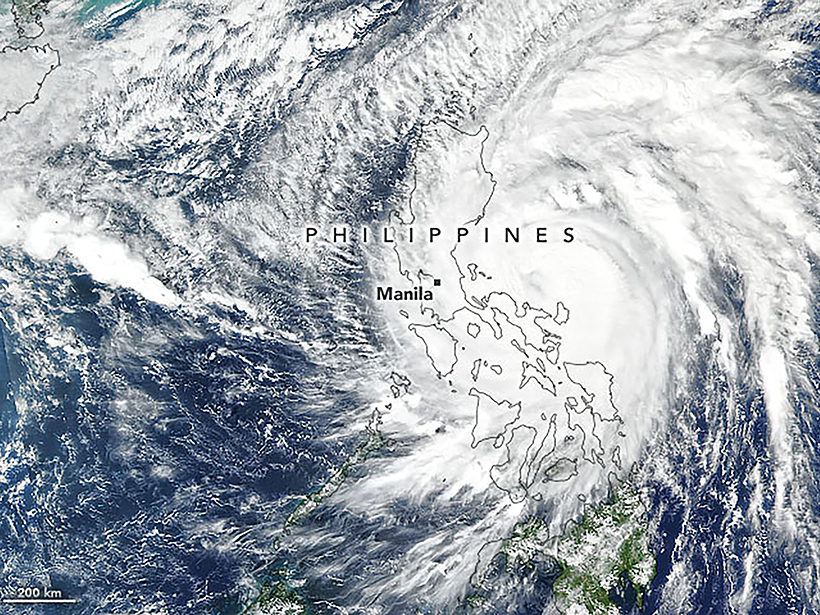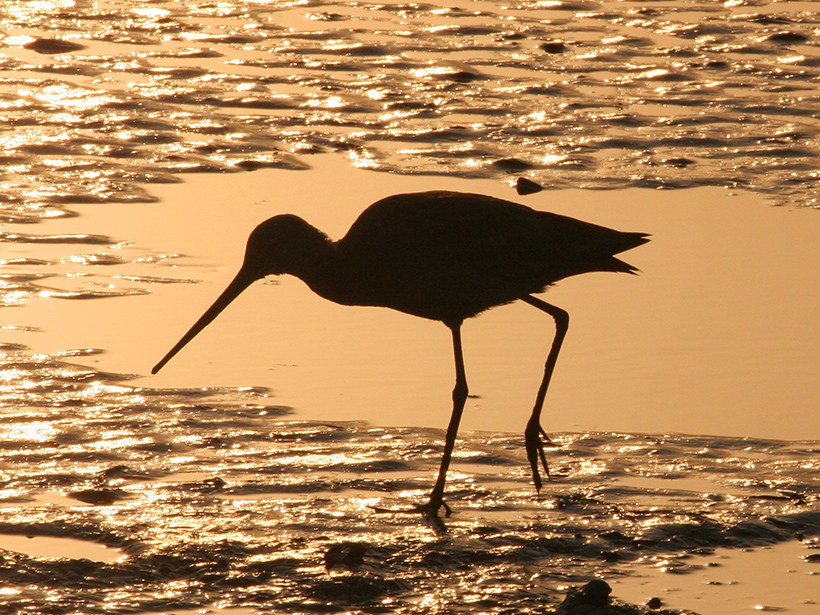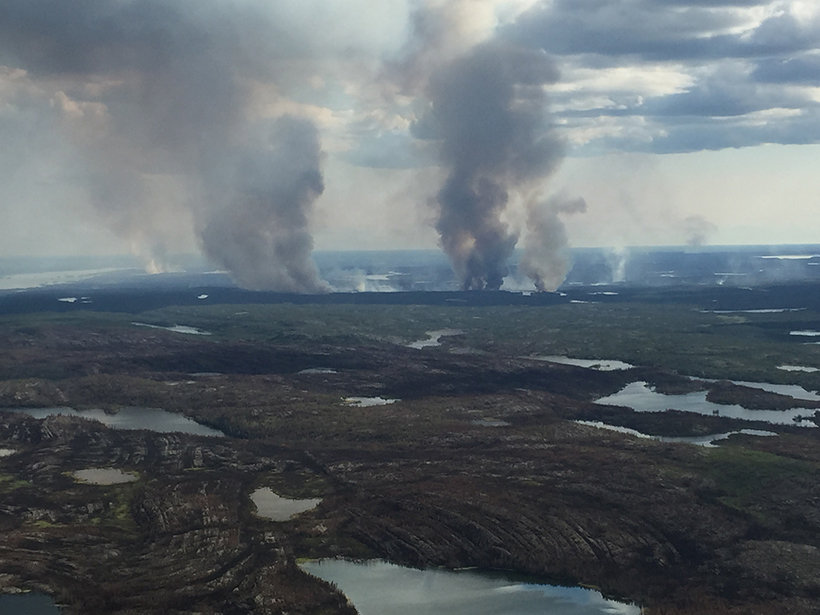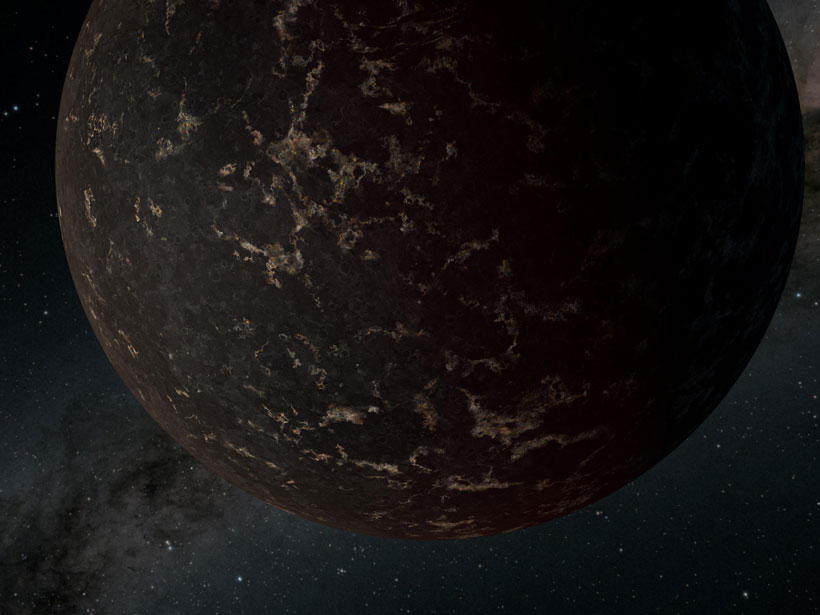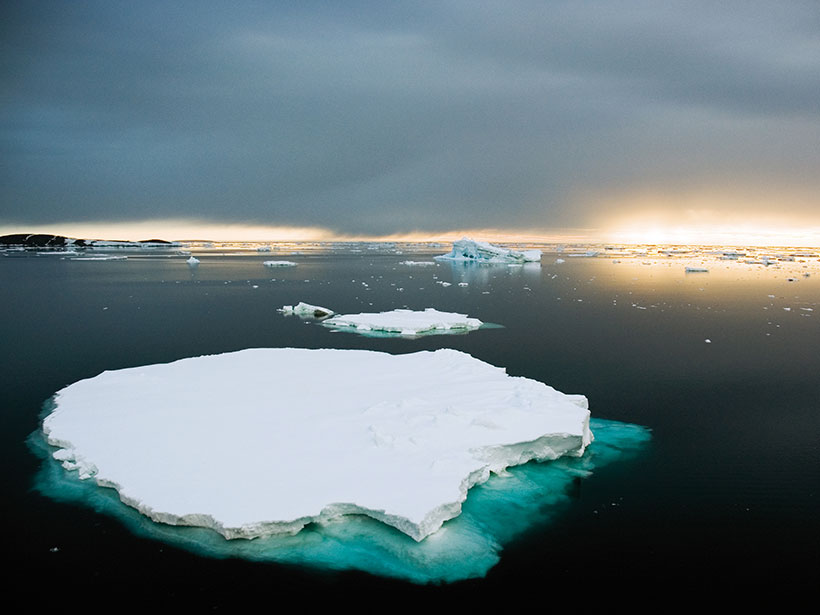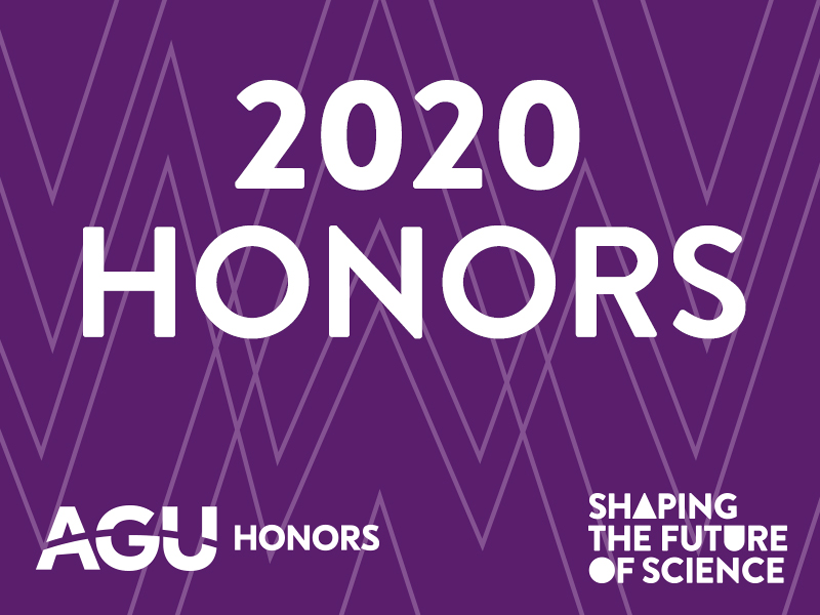New research might identify communities vulnerable to political violence in the aftermath of natural disasters.
#AGU20: Shaping the Future of Science
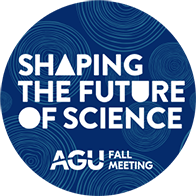
Human Activity Makes India’s Coastlines More Vulnerable
Researchers propose the creation of an anthropogenic vulnerability index to help guide conservation policy decisions.
Feedback Loops of Fire Activity and Climate Change in Canada
New research documents how a warming climate contributes to patterns in wildfire severity and frequency and how the fires contribute to climate change.
Lyme Disease and the Dangers of the Forest Edge
Living near a forest edge may be an important risk factor for Lyme disease; these liminal spaces provide the perfect habitat for one of the black-legged tick’s favorite hosts.
Airless Exoplanet’s Mantle Could Flow in Halves
With no atmosphere in the way, measurements of the planet’s surface temperature are the first observational constraints on mantle convection models for an exoplanet.
Gravity Data Reveal Unexpected Antarctic Ice Variations
A new analysis of long-term satellite records shows the East Antarctic Ice Sheet is unexpectedly dependent on fluctuations in weather. This study may improve models of how much sea levels will rise.
Geologists to Shed Light on the Mantle with 3D Model
The model, which will incorporate 227 million surface wave measurements, could help with everything from earthquake characterization to neutrino geosciences.
Building an Early-Career Researcher Community from the Ground Up
An international group of early-career scientists has developed its own network to virtually moor connections within the peatlands community.
Increased Plate Tectonic Activity May Have Warmed the Miocene Climate
Changes in rates of tectonic degassing may have been responsible for rapid, extreme warming during the Miocene Climatic Optimum and the long cooling period that followed.
2020 Class of AGU Fellows Announced
Sixty-two individuals have been elected to the 2020 Class of Fellows.

